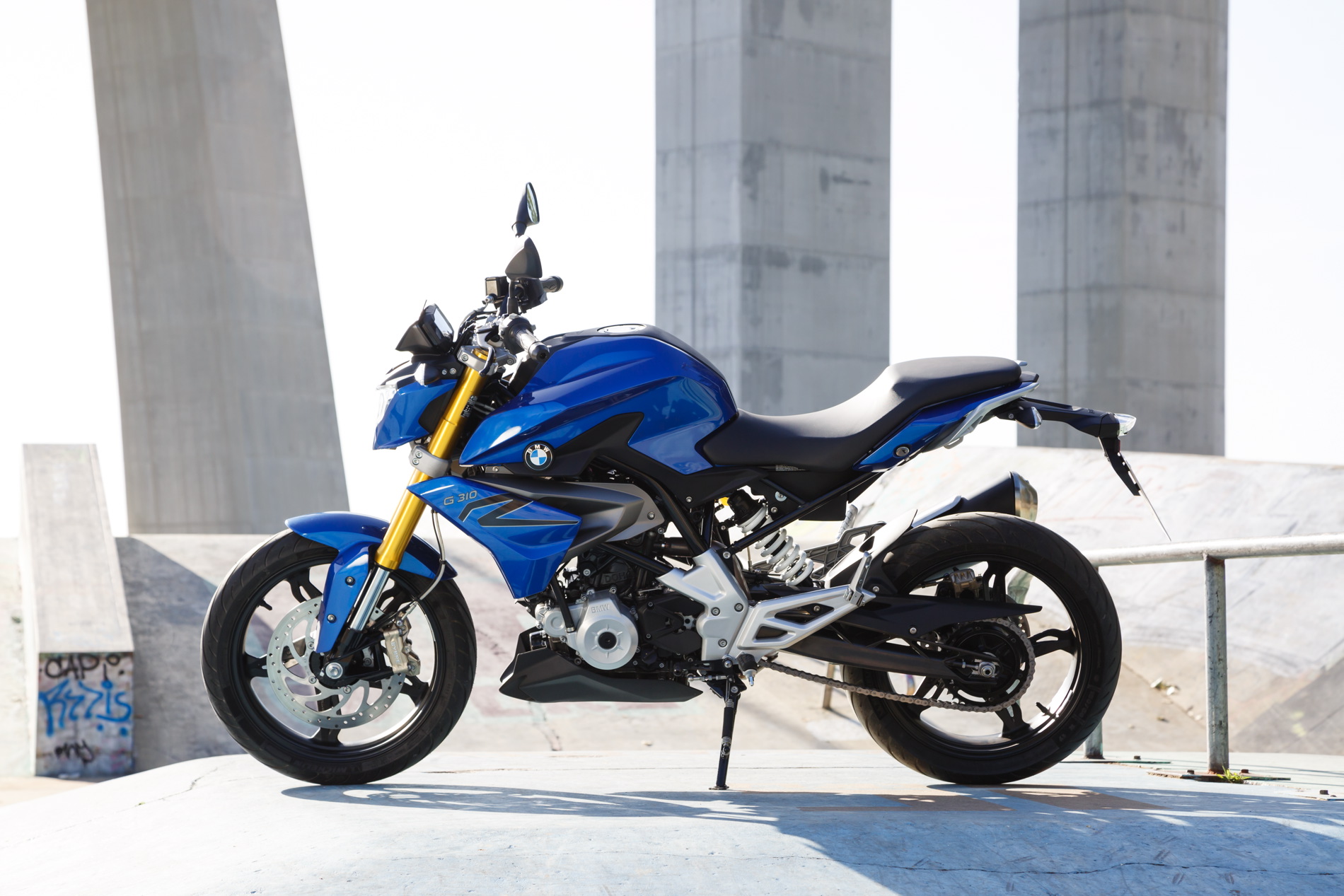
If you own a two-wheeler, it is compulsory by law that it is insured at all times. When you purchase a two-wheeler, the dealer usually takes care of the hassles of registering the vehicle and getting it insured. However, you should know the types of insurance policies available and the features of the policies.
Broadly speaking, there are two kinds of policies you could opt for — comprehensive, and third-party liability.
A comprehensive policy protects the two-wheeler against theft, loss and damage, as well as provides accident cover to the owner/rider in case of an accident. It also takes care of third-party liability, or the amount payable to the other party in case of an accident.
A third-party liability policy does not protect the vehicle against loss or damage, but only pays the aggrieved party in case of an accident. Hence, third-party insurance is much less expensive than comprehensive insurance.
Usually, new vehicles come with comprehensive insurance. In the event that you need to make an insurance claim, you need to approach your insurance company. The are a number of documents required for two-wheeler insurance claim like photocopy of the driving license of the of the owner, photocopy of registration certificate of the vehicle, police report, duly signed claim form, original copy of the repair invoice.
In case of any loss incurred due to accident, theft or claim from the third party an inspector is assigned by the insurance company who makes a report on the value of loss. It is based upon the report of the inspector that the insurance companies pay the amount to the insured person. Usually, it takes about two to three weeks to get the insurance claim processed and the customer getting his claim money.
However, it should be noted that insurance companies do not pay the complete amount for repairs to a damaged vehicle, or the total insured value in case of loss or theft of the vehicle. In accident cases, the insurance surveyor assesses the damage, and payments are made to the mechanic on the basis of the parts and services that are covered under the insurance policy. Usually, rubber and fibre parts are not covered under insurance, nor are certain kinds of repair to a vehicle.
For any claim settlement, the insurance company can refuse to pay if the rider was found to be under the influence of drugs or alcohol, or if the rider did not possess a valid driving license at the time of accident.
Given that there has been no violation to the terms of a comprehensive policy, a person can make an insurance claim in case of the following events:
* Theft of vehicle
* Loss of vehicle
* Damage due to an accident
* Damage or loss due to an ‘Act of God’ — natural disasters like floods and earthquakes
* Damage or loss due to wars, riots and fires
Source: Rediff

